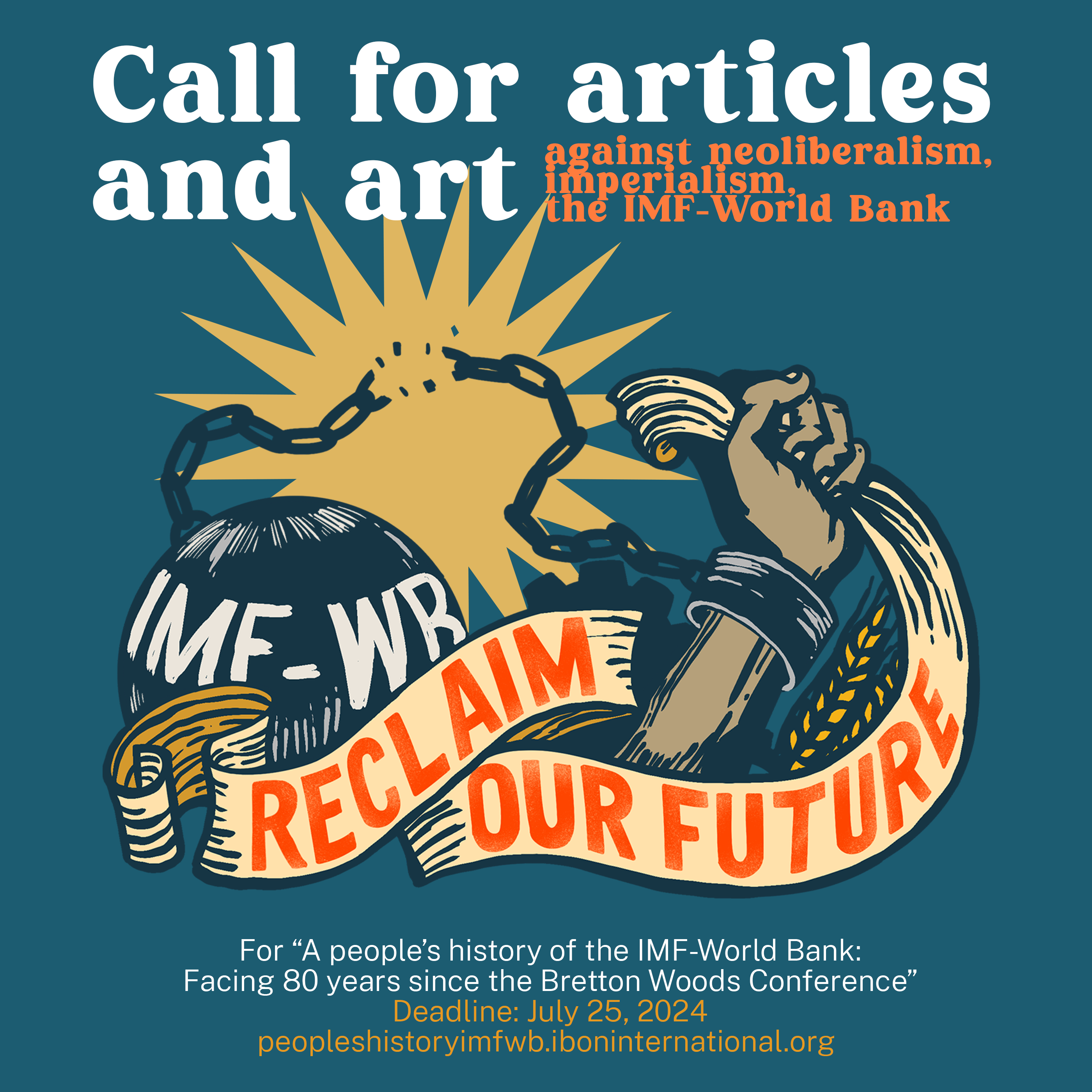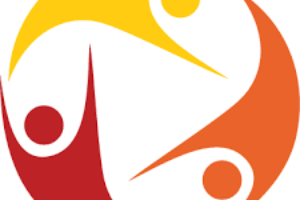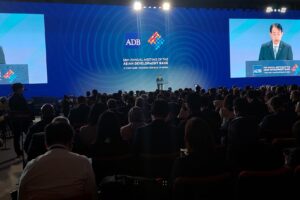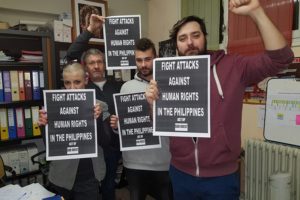The Bretton Woods Conference of 1944, held in New Hampshire in the United States (US), led to the establishment of the International Monetary Fund (IMF) and the World Bank Group (WBG) after the Second World War. Across the decades, social movements especially in the global South have opposed the Bank and the Fund for their policies, programmes, and operations that violated people’s rights– economic, social, and cultural, to self-determination—and people’s sovereignty. Anti-imperialist social movements have also called out the IMF and World Bank for facilitating the interests of global powers, especially the United States (US) and of US monopoly capital. Criticisms have been raised against privatisation, deregulation, and liberalization; austerity; debt bondage and violations of sovereignty; facilitating resource plunder while hollowing out domestic agriculture and industries; harmful infrastructure and energy projects; and even support for military dictatorships.
The year 2024 will mark 80 years since the original “Bretton Woods moment.” Recent years have been turning points for the Bank and the Fund. Amid multiple crises, the US in 2022 referred to the need for a “new Bretton Woods,” with an agenda of re-consolidating the legitimacy of the IMF-WBG. Common in Bank and Fund narratives is an erasure of the culpability of their own operations for the crises felt in the global South. Instead, the World Bank’s Evolution Roadmap rolled out in 2023 to supposedly reform its goals, operations, and financing, as a way repackage its tools to ease conditions for the entry of capital of the financial oligarchy into the global South, towards extracting super-profits.
For social movements, progressive academics, and critical civil society, it will be critical to mark the 80 years of the Bretton Woods from the perspective of peoples’ who struggle against the Bank and the Fund for violating people’s rights and sovereignty. Today, a People’s History of the IMF-World Bank is best written by peoples and organisations in struggle themselves, as tools to further organise to reject the imperialist dictates of these institutions in the present – towards supporting the vision of shutting these institutions down to reclaim our future.
Call for articles
The website will articles ranging from grassroots analyses, reflections on key moments in IMF-WBG history, interviews with social movement leaders, and accounts of struggle.
Written contributions could take a multiplicity of forms—from features, opinion pieces, to interview articles—as long as they are written in a popular and accessible tone. In line with this, length is advised to range from 1,500 to 2,000 words.
The target audience includes non-specialists and broader audiences not necessarily familiar with IFI policy conversations. The initiative also aims to facilitate greater understanding of the arguments of the global South against these institutions, for social movements and civil society who are not necessarily inside the IMF-WBG spaces.
Interested writers could write about any topic related to the IMF-World Bank, with the intention of doing so with a historically-informed and a critical point of view about issues past or present. Such a perspective may entail touching upon questions such as:
- In what ways do the IMF-World Bank’s Northern/US-led character reflect in their harmful
policies, programmes, and operations? How have these created neocolonial or imperialist
dynamics against Southern peoples in these institutions’ 80 years of existence? - How have social movements, especially in the global South, resisted these IFIs — from history or the present?
- How can Southern countries reduce the reliance on the IMF-WBG, as a step towards
democratising their economic paths?
Call for multimedia pieces
Recognising the power of storytelling through various forms, a people’s history of the IMF-WBG need not only be in the written word. Multimedia contributions could take the form of art pieces, videos, songs, and digital art, among others.
Submissions are due on July 25, 2024
We are collecting our new batch of contributions, after the batch of pieces released in April.
For this current round, interested contributors may send ideas, pitches or abstracts to rlahoy@iboninternational.org by July 11, 2024, and their actual pieces by July 25, 2024. Said pieces will be published in early-August after a feedback process.




![[HLPF side-event] Trading better: Women’s economic rights in building a sustainable future](https://iboninternational.org/wp-content/uploads/2022/07/HLPF2022-SIDE-EVENT-POSTER-scaled-300x200.jpg)